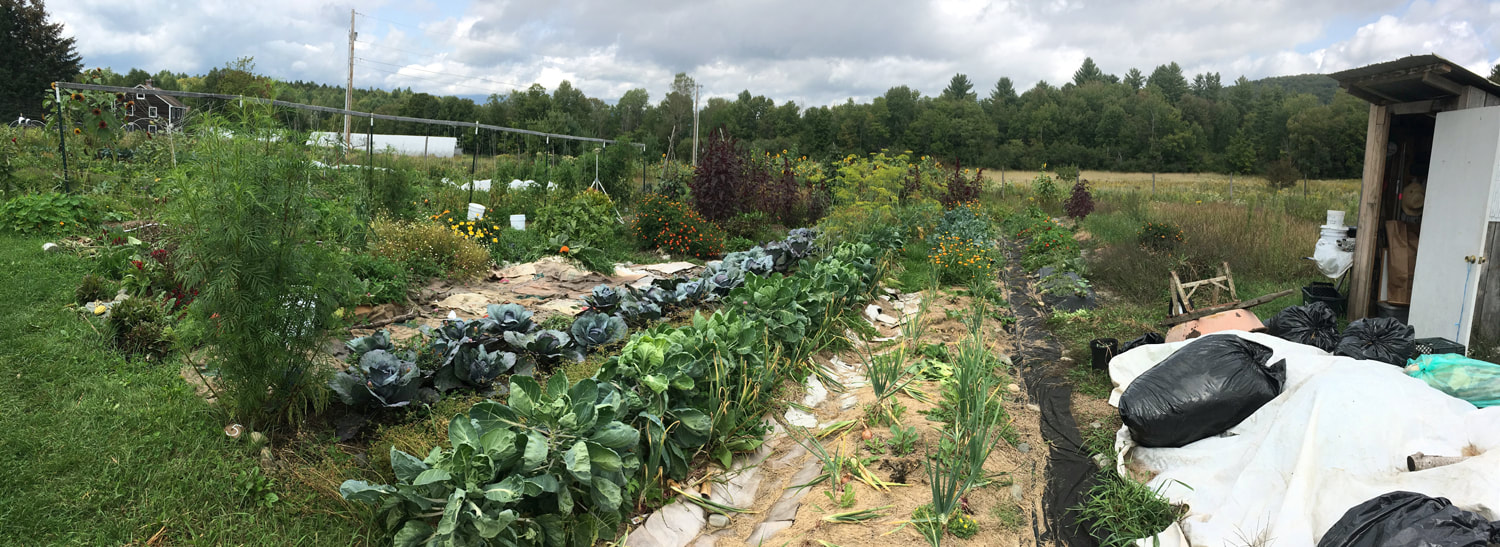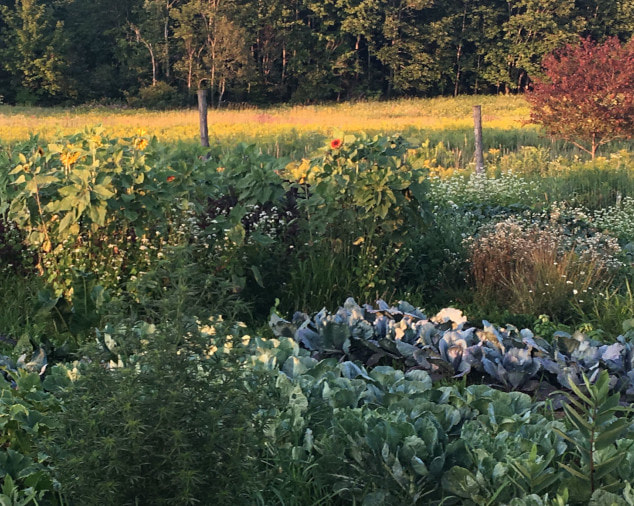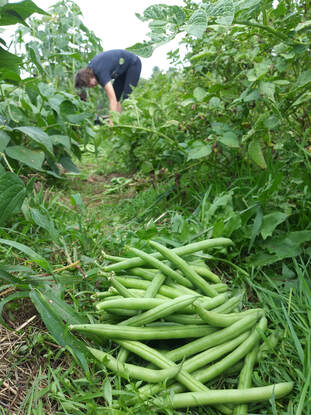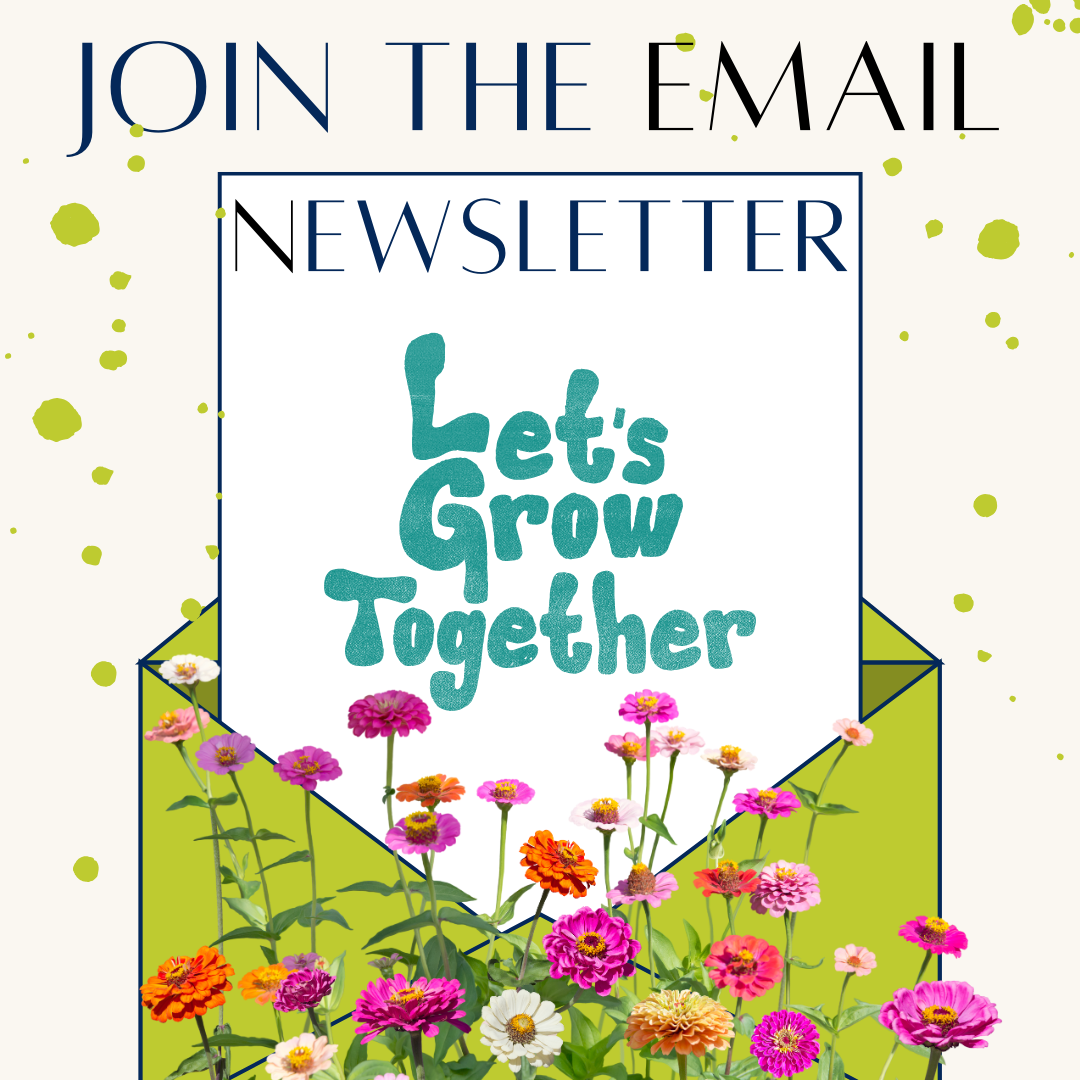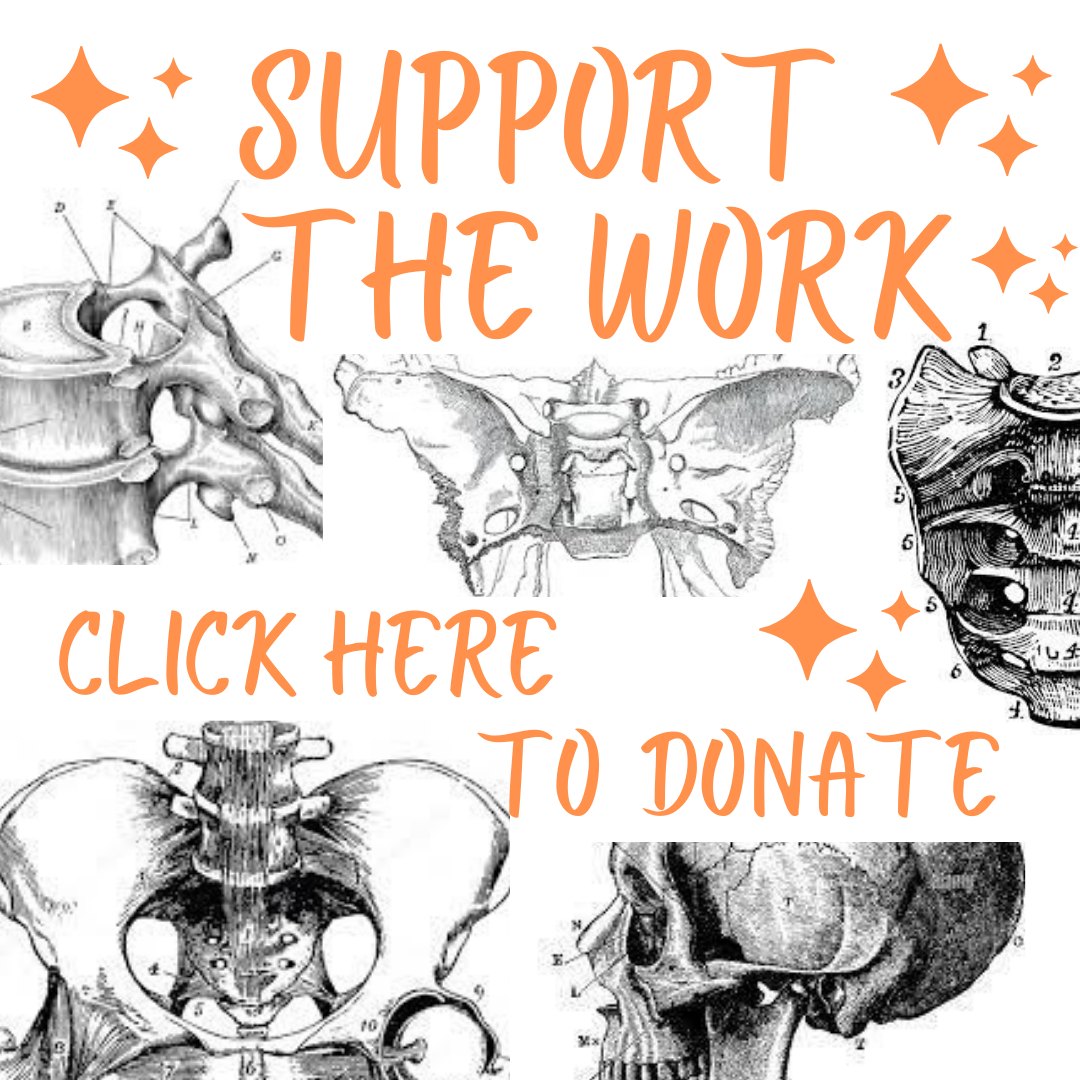Our Vision
The Garden Project is a place where we come together in reverent cultivation of growth. We hold equitable food justice as central to resilience, and seek to resource communities through collective sharing of food and skills. As bodies touching ground, relationship is central to all that we do. We practice deep listening - to the land, to the plants, to the ancestral knowing we move with, to our embodied awareness, and to one another in remembered cycles of connection, creation, and harvest. As we grow together we practice learning, unlearning, reckoning, and repair. We strive to nurture sovereign and reciprocal systems of nourishment in right relationship to the Land and to the Land’s rightful inhabitants, the Abenaki People. From the individual to the collective, the Garden is a place where we ground to plant and tend the seeds of our resilience.
Who We Are
As part of our work of growing together in community, and as an expression of our Values, we hold to the importance of explicitly stating the positionalties we carry; both in our own bodies and in the body we form together as a project. The excerpt below is from our Full Collective Positionality Statement.
Collectively we tend a biodiverse half-acre garden where we strive to be in embodied practices of connection, learning, healing and repair. With the language of somatics at the foundation of our project, we understand healing trauma - collectively and individually - to be direct and essential work in mending the violences of racism, colonialism and capitalism. As a group of predominantly white-bodied people with settler colonial privilege, we are in embodied reckoning and active practice with ourselves and with each other around unsettling, anti-racism and decolonial work. Our practices move us towards centering relationship, ancestral connection, right relationships with all of life, and re-membering equity.
Collectively we tend a biodiverse half-acre garden where we strive to be in embodied practices of connection, learning, healing and repair. With the language of somatics at the foundation of our project, we understand healing trauma - collectively and individually - to be direct and essential work in mending the violences of racism, colonialism and capitalism. As a group of predominantly white-bodied people with settler colonial privilege, we are in embodied reckoning and active practice with ourselves and with each other around unsettling, anti-racism and decolonial work. Our practices move us towards centering relationship, ancestral connection, right relationships with all of life, and re-membering equity.
Our Values as a Project and as People in the Garden
|
We center the following values, individually and collectively, in our work together:
(click to explore them!)
|
How to get involved
The Garden Project is held by a group of people committed to supporting its values and mission. Guided by a team of core vision holders and supported by spheres of dedicated individuals, we offer opportunities for people to touch ground, connect and receive nourishment through membership in our various committed scopes of the project, and Community Work Days. Visit our page fully outlining the Scopes of our project below!
|
*Directions to the garden and further welcome communications will be provided via email after we receive your application*
Community Work Days 2023:
Want to check out what we're doing?
Come get your hands in the soil and meet us on a Community Work Day. On these days we will practice being in connection with one another, with the plants and with the land, through movement, tending, listening and ritual. Expect to share and learn skills, nourish your body through dynamic movement and contact with supportive earth, and to build and deepen relationships with all manifestations of life. Ritual offerings and work done will be in time with the movement of the seasons and cycles we all live in connection with.
To join us for a Community Work Day, use our Outer Scope/Community Work Day Membership Application
Come get your hands in the soil and meet us on a Community Work Day. On these days we will practice being in connection with one another, with the plants and with the land, through movement, tending, listening and ritual. Expect to share and learn skills, nourish your body through dynamic movement and contact with supportive earth, and to build and deepen relationships with all manifestations of life. Ritual offerings and work done will be in time with the movement of the seasons and cycles we all live in connection with.
To join us for a Community Work Day, use our Outer Scope/Community Work Day Membership Application
Our Community Work Days of 2023:
Saturday April 29
Saturday May 13
Saturday May 27
Saturday June 3
Saturday July 1
Saturday Aug 5
Saturday Sept 9
Saturday Oct 14
Saturday Oct 28
(Click the icon below to add the work days to your calendar)
Saturday April 29
Saturday May 13
Saturday May 27
Saturday June 3
Saturday July 1
Saturday Aug 5
Saturday Sept 9
Saturday Oct 14
Saturday Oct 28
(Click the icon below to add the work days to your calendar)
Timing and Flow of Community Work Days
Each Community Work Day, held on weekends approximately once per month,
will hold space for centering, ritual and collective work.
The general flow of each Community Work Day will be:
10am: Community centering practice, Opening ritual
10:20am: Working with body intelligence: Alignment practices
10:30am - 3:00pm: Moving intentions through work
3:00pm: Closing ritual
We will break for lunch in the afternoon. If you feel called, please bring food to share.
Actual timing of offerings within each work day may vary depending on the natural flow of the day.
Each Community Work Day, held on weekends approximately once per month,
will hold space for centering, ritual and collective work.
The general flow of each Community Work Day will be:
10am: Community centering practice, Opening ritual
10:20am: Working with body intelligence: Alignment practices
10:30am - 3:00pm: Moving intentions through work
3:00pm: Closing ritual
We will break for lunch in the afternoon. If you feel called, please bring food to share.
Actual timing of offerings within each work day may vary depending on the natural flow of the day.
Gratitudes!
Our deepest thanks to everyone who makes, and has made, our growing project possible:
Kim Tuluke Beyer & Geoff Beyer
High Mowing Seeds
To the Abenaki people, whose land we are honored to tend and learn with.
High Mowing Seeds
To the Abenaki people, whose land we are honored to tend and learn with.
And to everyone who lent their hands and hearts to this project in seasons past.
To see a retrospective of our collective work, check out each year's gratitude page:
Garden Project Love!
To see a retrospective of our collective work, check out each year's gratitude page:
Garden Project Love!
Want to help us to keep growing?
We would be so grateful to receive your support in helping us to uphold our Vision and Mission and Values.
We are currently receiving in-kind and financial donations to support our work in the 2021 growing season.
Find out how you can make a contribution to support us by vising our Garden Support page.
We are currently receiving in-kind and financial donations to support our work in the 2021 growing season.
Find out how you can make a contribution to support us by vising our Garden Support page.
Contact Us
We welcome you! For more information, please email Amanda at [email protected]
